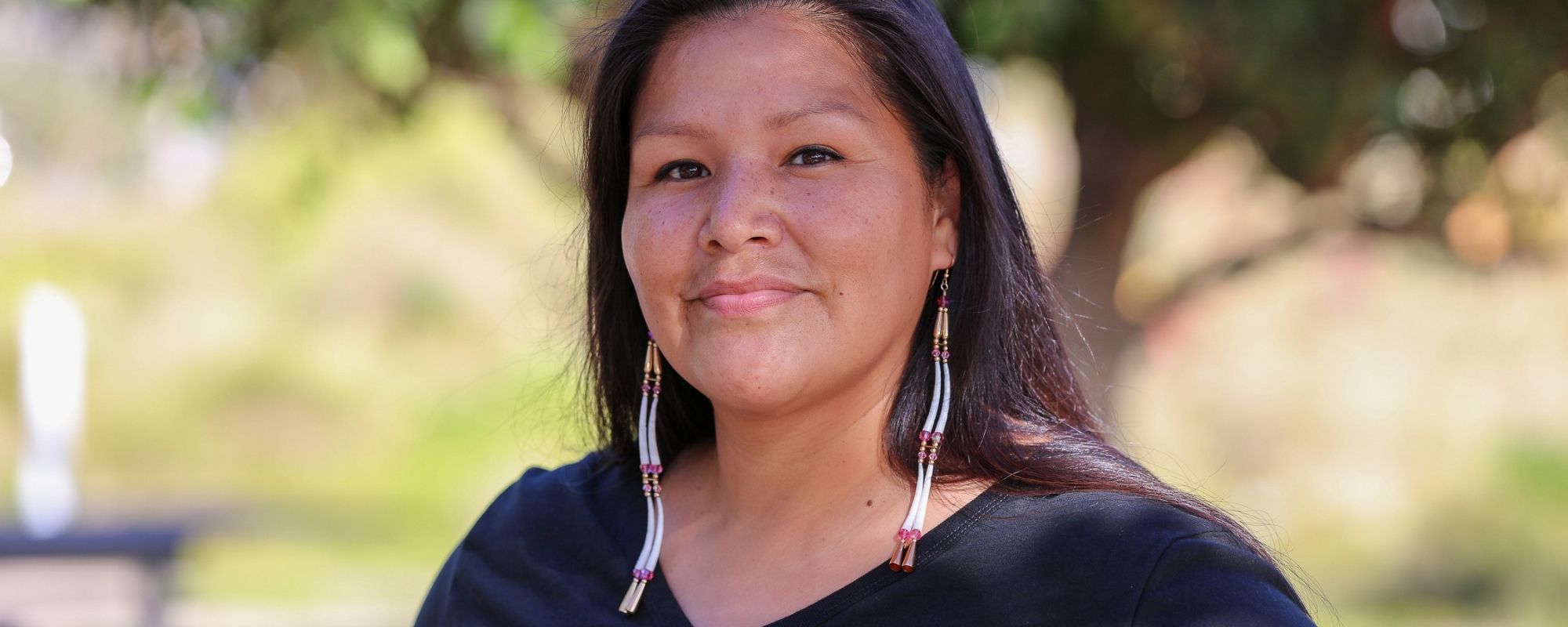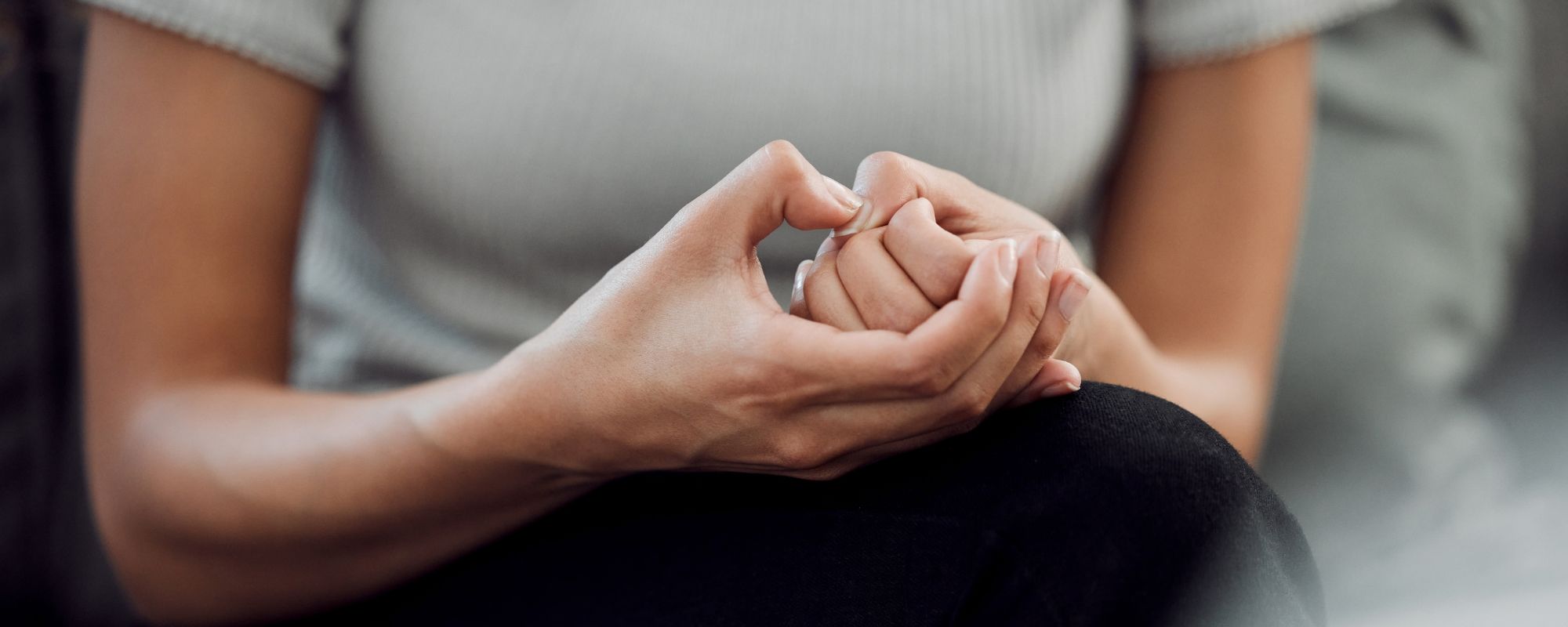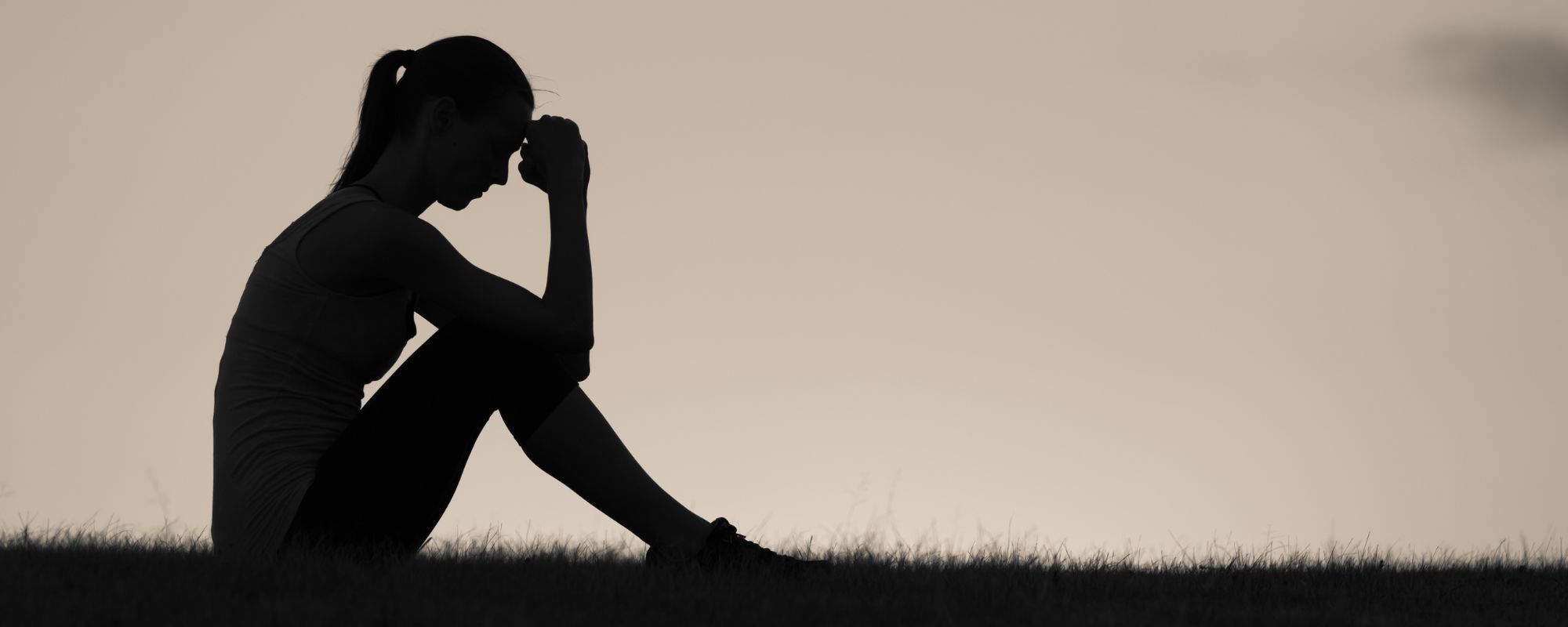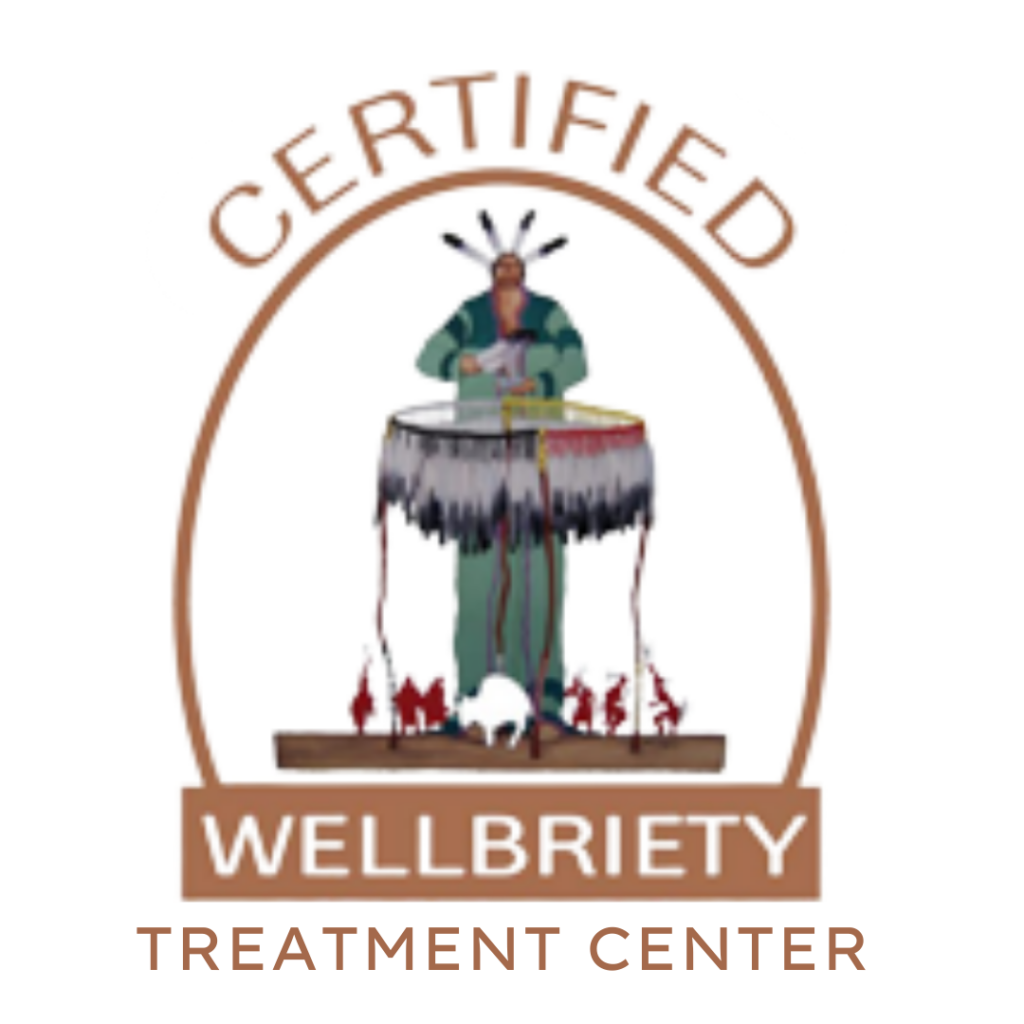Starting your recovery journey can be intimidating, which is why having a support network is essential to maintaining your sobriety and doing well in recovery. Substance abuse often puts strain on personal relationships, so you might feel as though you are starting from scratch as you try to rebuild damaged relationships and forge new ones.
Rather than feel sad or discouraged, use this as motivation to create the right support network for yourself. Remember that isolating yourself and not reaching out when you need help does not benefit you or your recovery, so your support network should include people whom you like and trust.
When building your network, there are several people that you will want to include.
1 / Counselor
You were probably connected with a therapist, psychiatrist, or mental health counselor early on in your recovery. You may or may not have the same counselor now, later on in treatment or post-treatment, but maintaining a relationship with a professional who is intimately familiar with addiction and its co-occurring mental health disorders is one of the most impactful things that you can do for your recovery.
While friends, sponsors, family members make great (and essential) parts of your support network, a counselor is (most likely) the only person qualified to treat your substance use disorder and any mental health issues that you may have. They can also provide an objective look at what you’re going through and help you to create solutions to issues you encounter, as well as work through personal obstacles.
2 / Sponsor
Your sponsor is there not only to help you work the steps/a program, but also to serve as an accountability partner through the earliest parts of your recovery. Some people in recovery see their sponsor as a person who gets them through the Big Book and nothing more or less, but this is a mistake. The right sponsor can support you throughout your recovery journey, not just in its earliest stages.
3 / Same-age sober friend
When you got sober, you probably had to remove from your life, or distance yourself from, certain friends who still use or drink. You may have inadvertently lost some entirely in the process. Toxic relationships are not conducive to healthy, sober living, so this “friend audit” is a sad, but necessary, part of maintaining sobriety.
You might be tempted to befriend only people who are not in recovery, but you should have at least one person your own age— also in recovery— to whom you can relate and with whom you can spend time.
4 / Older sober friend
Someone older than you has a different outlook on life and on recovery. They have more life experience, simply because they’ve been around longer. It’s important to include an older sober friend in your support network, not because they are necessarily wiser or “better at recovery” than you, but because they have been through more and can give you advice and share their discoveries.
5 / Family member
Rebuilding familial relationships can be one of the most difficult parts of recovery from substance abuse, but doing so can be incredibly rewarding. Start small by reaching out to someone you trust and who you believe will be receptive to your initial outreach. Keep in mind that rebuilding trust takes time, but that family is family and that you are important to your loved ones.
If you or a loved one is ready to begin recovery from a substance use disorder and are looking for treatment centers in Washington, please reach out to us at (877)-RECOVERY. Royal Life Centers at the Haven is a full-service drug and alcohol detox facility in Lacey, Washington. We treat dependence on alcohol, cocaine, benzodiazepines, methamphetamine, and opioids.
























